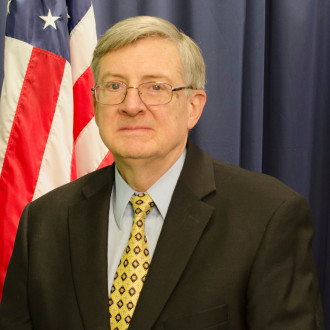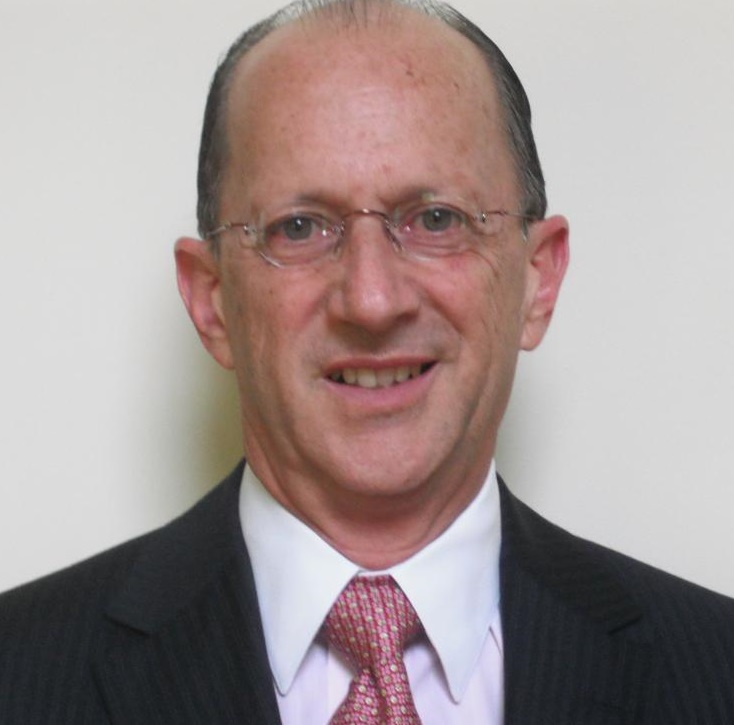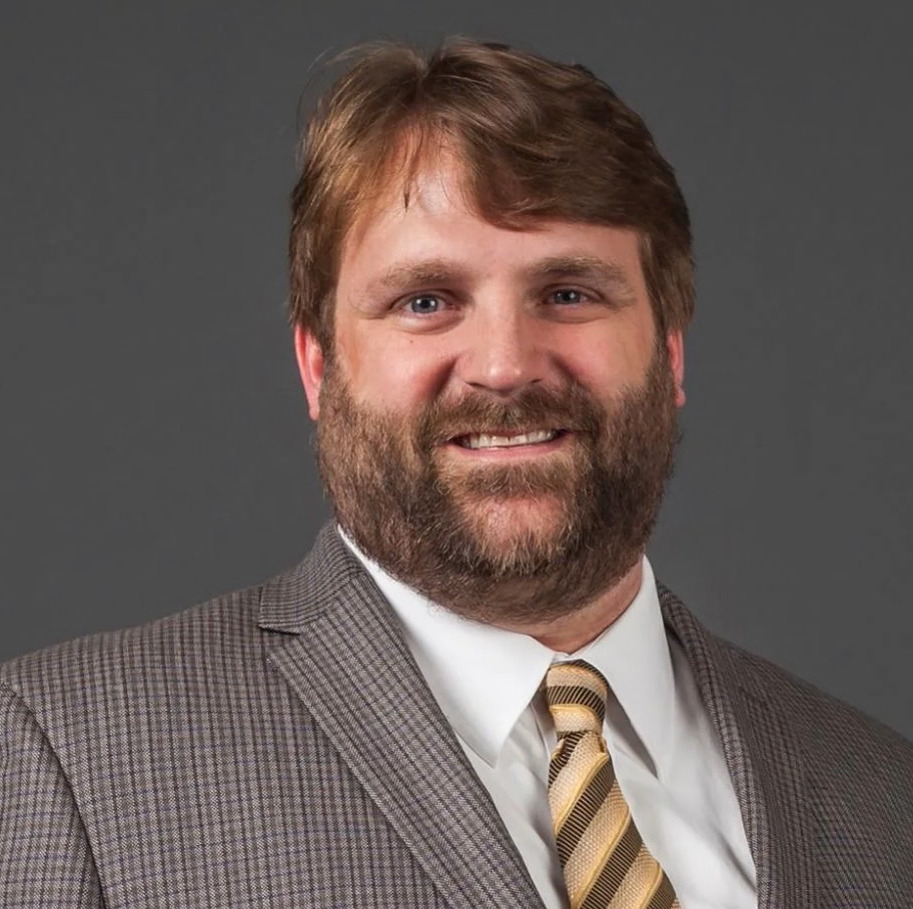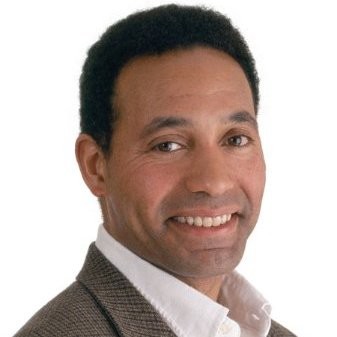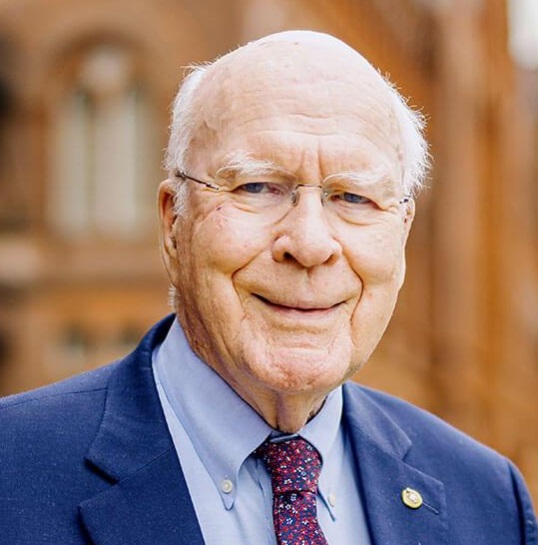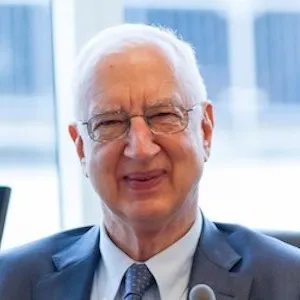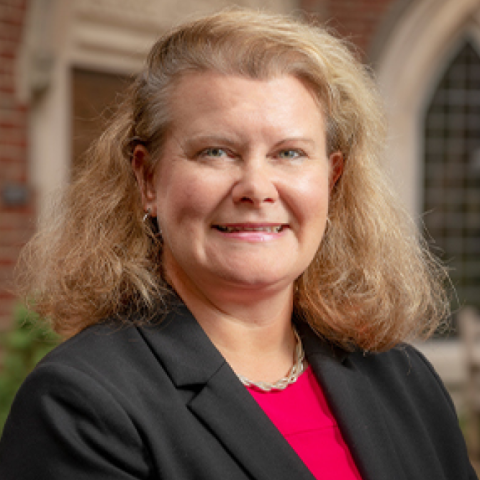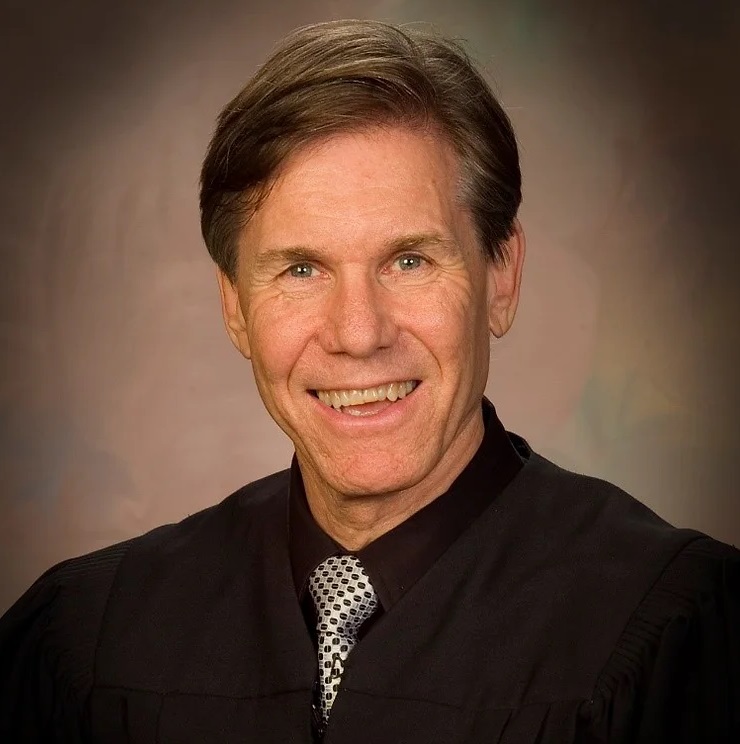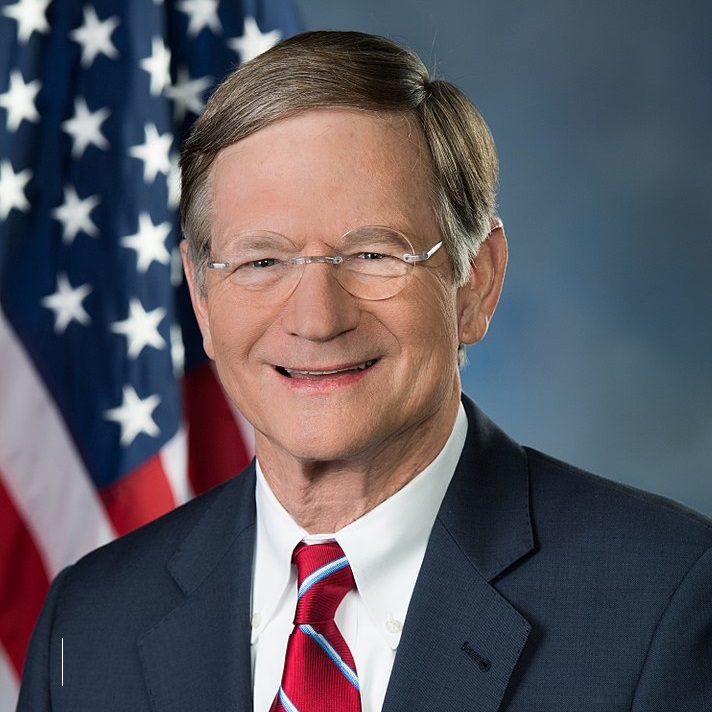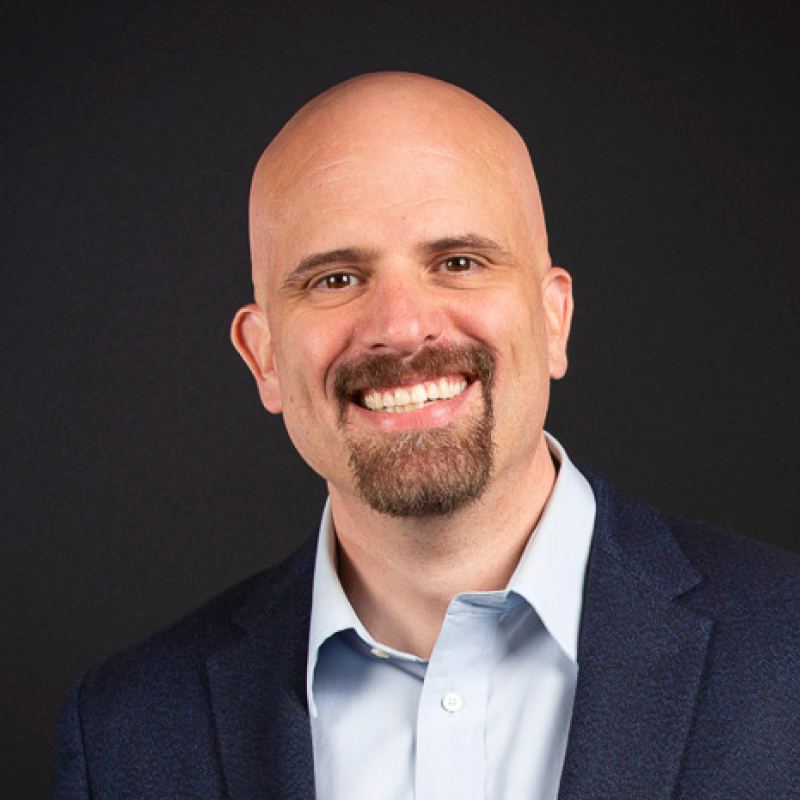Amicus of IP Law Experts to the 2nd Circuit in Hachette v Internet Archive
INTEREST OF AMICI CURIAE
Amici Curiae are 24 former government officials, former judges, and intellectual property scholars who have developed copyright law and policy, researched and written about copyright law, or both. They are concerned about ensuring that copyright law continues to secure both the rights of authors and publishers in creating and disseminating their works and the rights of the public in accessing these works. It is vital for this Court to maintain this balance between creators and the public set forth in the constitutional authorization to Congress to create the copyright laws. Amici have no stake in the parties or in the outcome of the case. The names and affiliations of the members of the Amici are set forth in Addendum A below.[1]
SUMMARY OF ARGUMENT
Copyright fulfills its constitutional purpose to incentivize the creation and dissemination of new works by securing to creators the exclusive rights of reproduction and distribution. 17 U.S.C. § 106. Congress narrowly tailored the exceptions to these rights to avoid undermining the balanced system envisioned by the Framers. See 17 U.S.C. §§ 107–22. As James Madison recognized, the “public good fully coincides . . . with the claims of individuals” in the protection of copyright. The Federalist NO. 43, at 271–72 (James Madison) (Clinton Rossiter ed., 1961). Internet Archive (“IA”) and its amici wrongly frame copyright’s balance of interests as between the incentive to create, on the one hand, and the public good, on the other hand. That is not the balance that copyright envisions.
IA’s position also ignores the key role that publishers serve in the incentives copyright offers to authors and other creators. Few authors, no matter how intellectually driven, will continue to perfect their craft if the economic rewards are insufficient to meet their basic needs. As the Supreme Court observed, “copyright law celebrates the profit motive, recognizing that the incentive to profit from the exploitation of copyrights will redound to the public benefit by resulting in the proliferation of knowledge.” Eldred v. Ashcroft, 537 U.S. 186, 212 n.18 (2003) (quoting Am. Geophysical Union v. Texaco Inc., 802 F. Supp. 1, 27 (S.D.N.Y. 1992)). Accordingly, the Supreme Court and Congress have long recognized that copyright secures the fruits of intermediaries’ labors in their innovative development of distribution mechanisms of authors’ works. Copyright does not judge the value of a book by its cover price. Rather, core copyright policy recognizes that the profit motive drives the willingness ex ante to invest time and resources in creating both copyrighted works and the means to distribute them. In sum, commercialization is fundamental to a functioning copyright system that achieves its constitutional purpose.
IA’s unauthorized reproduction and duplication of complete works runs roughshod over this framework. Its concept of controlled digital lending (CDL) does not fall into any exception—certainly not any conception of fair use recognized by the courts or considered by Congress—and thus violates copyright owners’ exclusive rights. Expanding the fair use doctrine to immunize IA’s wholesale copying would upend Congress’s carefully-considered, repeated rejections of similar proposals.
Hoping to excuse its disregard for copyright law, IA and its amici attempt to turn the fair use analysis on its head. They acknowledge that the first sale exception does not permit CDL, as this Court made clear in Capitol Records, LLC v. ReDigi Inc., 910 F.3d 649 (2d Cir. 2018).[2] They also are aware that courts consistently have rejected variations on the argument that wholesale copying, despite a format shift, is permissible under fair use.[3] Nevertheless, IA and its amici ask this Court, for the first time in history, to create a first sale-style exemption within the fair use analysis. CDL is not the natural evolution of libraries in the digital age; rather, like Frankenstein’s monster, it is an abomination composed of disparate parts of copyright doctrine. If endorsed by this Court, it would undermine the constitutional foundation of copyright jurisprudence and the separation of powers.
The parties and other amici address the specific legal doctrines, as well as the technical and commercial context in which these doctrinal requirements apply in this case, and thus Amici provide additional information on the nature and function of copyright that should inform this Court’s analysis and decision.
First, although IA and its amici argue that there are public benefits to the copying in which IA has engaged that support a finding that CDL is fair use, their arguments ignore that copyright itself promotes the public good and the inevitable harms that would result if copyright owners were unable to enforce their rights against the wholesale, digital distribution of their works by IA.
Second, IA’s assertion of the existence of a so-called “digital first sale” doctrine—a principle that, unlike the actual first sale statute, would permit the reproduction, as well as the distribution, of copyrighted works—is in direct conflict with Congress and the Copyright Office’s repeated study (and rejection) of similar proposals. Physical and digital copies simply are different, and it is not an accident that first sale applies only to the distribution of physical copies. Ignoring decades of research and debate, IA pretends instead that Congress has somehow overlooked digital first sale, yet left it open to the courts to engage in policymaking by shoehorning it into the fair use doctrine. By doing so, IA seeks to thwart the democratic process to gain in the courts what CDL’s proponents have not been able to get from Congress.
Third, given that there is no statutory support for CDL, most libraries offer their patrons access to digital works by entering into licensing agreements with authors and their publishers. Although a minority of libraries have participated in IA’s CDL practice, and a few have filed amicus briefs in support of IA in this Court, the vast majority of libraries steer clear because they recognize that wholesale copying and distribution deters the creation of new works. As author Sandra Cisneros understands: “Real libraries do not do what Internet Archive does.” A-250 (Cisneros Decl.) ¶12. There are innumerable ways of accessing books, none of which require authors and publishers to live in a world where their books are illegally distributed for free.
No court has ever found that reproducing and giving away entire works—en masse, without permission, and without additional comment, criticism, or justification—constitutes fair use. IA’s CDL theory is a fantasy divorced from the Constitution, the laws enacted by Congress, and the longstanding policies that have informed copyright jurisprudence. This Court should reject IA’s effort to erase authors and publishers from the copyright system.
[1] The parties have consented to the filing of this brief. Amici Curiae and their counsel authored this brief. Neither a party, its counsel, nor any person other than Amici and their counsel contributed money that was intended to fund preparing or submitting this brief.
[2] See SPA-38 (“IA accepts that ReDigi forecloses any argument it might have under Section 109(a).”); Dkt. 60, Brief for Defendant-Appellant Internet Archive (hereinafter “IA Br.”) (appealing only the district court’s decision on fair use).
[3] See, e.g., ReDigi, 910 F.3d at 662; UMG Recordings, Inc. v. MP3.com, Inc., 92 F. Supp. 2d 349, 352 (S.D.N.Y. 2000); see also Disney Enters., Inc. v. VidAngel, Inc., 869 F.3d 848, 861–62 (9th Cir. 2017).




